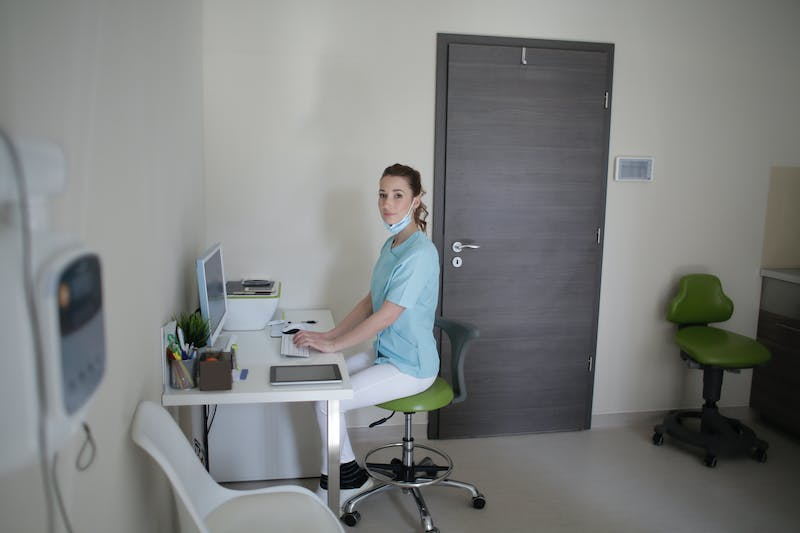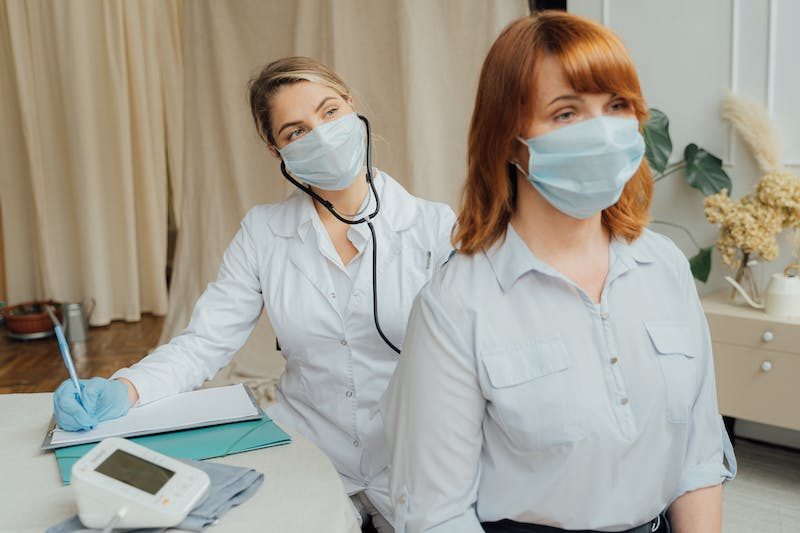
University of Bolton, Deane Road, Bolton. BL3 5AB
Tel:
Email:


“At the University of Bolton, we take great pride in providing a quality, supportive learning environment for our students.”
Professor George E Holmes DL | President & Vice Chancellor
“...tutors are very supportive and you’re not just a student ID number, at this university you are an individual with a name.”
Ellisse Vernon | BSc (Hons) Adult Nursing
Back to menu
Back to menu
Study with an Off-Campus Partner
Back to menu
Back to menu
University of Bolton, why we are the right choice
Location - Bolton, Greater Manchester

23/03/2023
The world of healthcare is changing all of the time, yet there is one constant: the indispensable role of advanced practice nurses (APNs).
Armed with extensive knowledge, clinical expertise, and a passion for patient care, these nurses are transforming the essence of modern medicine.
However, sadly, we don’t have enough of them here in the UK! In fact, recent estimates have revealed a 140,000 supply-demand gap of NHS nurses in England by 2030.
That’s a startling figure, but it also means there’s never been a better time to get your APN degree, as you should have no trouble securing a job.

An Advanced Practice Nurse is a registered nurse (RN) with advanced education, typically at the master's or doctoral level. We have a number of different advanced nursing courses here at the University of Bolton.
Taking one of these courses will give you specialised knowledge and advanced clinical skills that will further your nursing career.
APNs often take on roles that encompass responsibilities traditionally associated with physicians, such as:
● Conducting physical exams
● Diagnosing illnesses
● Managing patient care
● Ordering and interpreting diagnostic tests
● Prescribing medications
They can work independently or in collaboration with other healthcare professionals to provide a comprehensive approach to patient care.
Their roles often include:
● Clinical Nurse Specialists
● Nurse Anesthetists
● Nurse Midwives
● Nurse Practitioners
Given their high level of expertise, APNs are instrumental in elevating the standard of care, leading healthcare initiatives, and improving patient welfare.

The role of nurses has historically been at the bedside, providing essential care, compassion, and comfort. As healthcare complexity surges, so does the depth and breadth of nursing responsibilities.
APNs stand at this intersection, equipped to manage, treat, and even diagnose patient conditions.
Let’s take a further look at those four roles we mentioned in the previous section:
Clinical Nurse Specialists
Clinical nurse specialists are experts in specialised fields. They guide treatment protocols and are crucial in improving patient outcomes, mentoring fellow nurses, and influencing hospital policies.
Nurse Anesthetists
Certified Registered Nurse Anesthetists are masters in the art and science of anaesthesia. Beyond ensuring pain-free surgical experiences, they evaluate patients pre-operatively, develop anaesthesia care plans, and monitor patients post-operatively to ensure safe recovery from anaesthesia.
Nurse Midwives
Nurse Midwives provide comprehensive care throughout pregnancy and gynecologically. Their roles span from providing childbirth support to offering prenatal and postpartum care. They are also trained to offer routine gynaecological services, including family planning advice, and advocate for natural childbirth when appropriate.
Nurse Practitioners
Nurse Practitioners function in an advanced nursing capacity, often acting as primary care providers. They have the authority to diagnose illnesses, prescribe medication, and develop comprehensive care plans. They emphasise a patient-centred approach, focusing on disease prevention, health education, and holistic care.
APNs have a holistic approach that goes beyond physical symptoms. APNs often delve deeper, understanding the psychological and social implications of health conditions. This ensures a comprehensive treatment plan tailored to each patient.
This matters now more than ever
As healthcare faces unprecedented challenges, from the pandemic to the escalating needs of an ageing population, APNs stand at the forefront. They champion the cause of preventive care, early intervention, and health education – reshaping the future of healthcare.
Our postgraduate nursing courses at the University of Bolton are meticulously designed to empower the next generation of APNs.
Click here to view our diverse programmes, which offer:
● Advanced research opportunities
● In-depth clinical knowledge
● Real-world simulated learning
View our diverse range of postgraduate nursing courses here.
Do you want to know more about the different nursing courses we have at the University of Bolton? Do you need help deciding which career path is right for you?
Simply drop us a message at enquiries@bolton.ac.uk or give us a ring at 01204 903903, we are here to help!